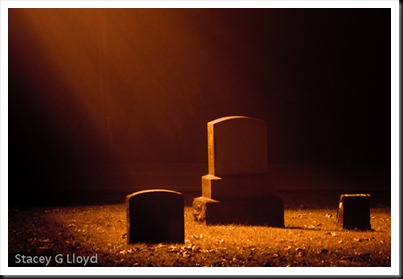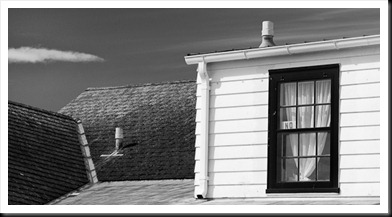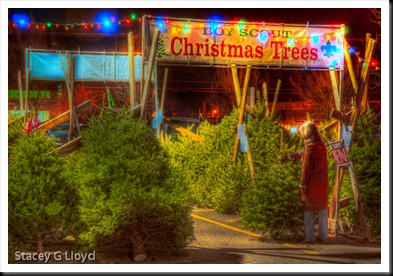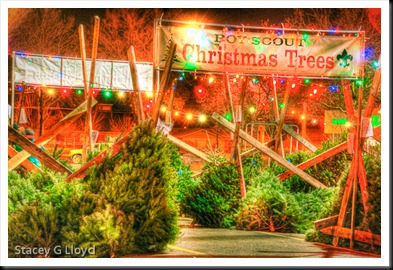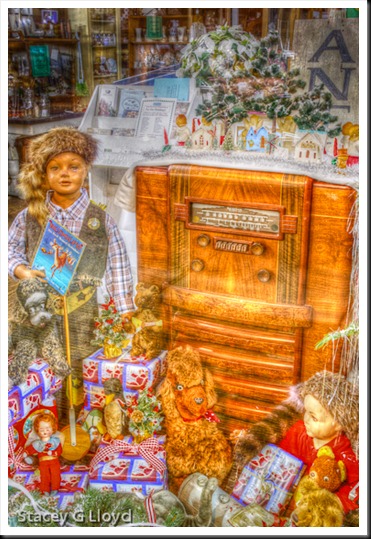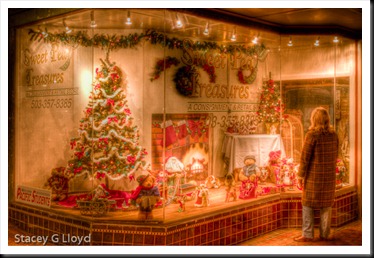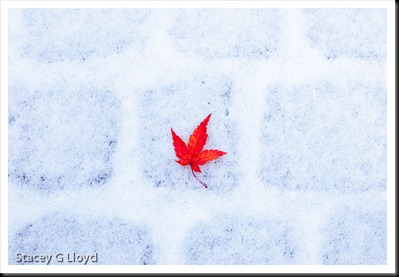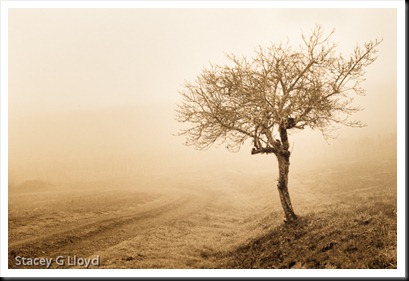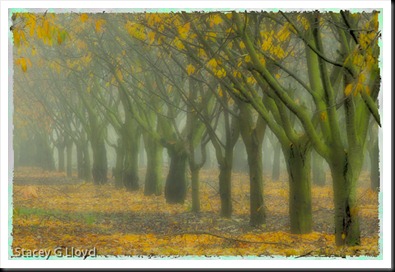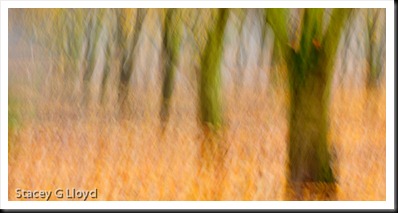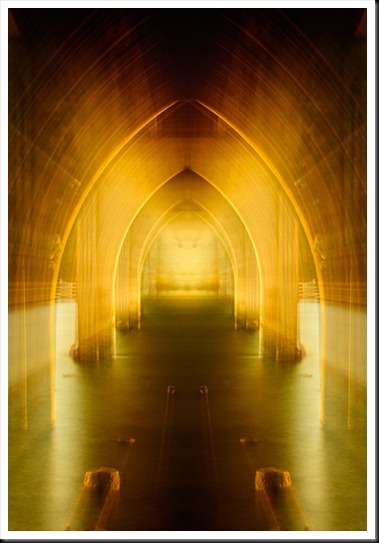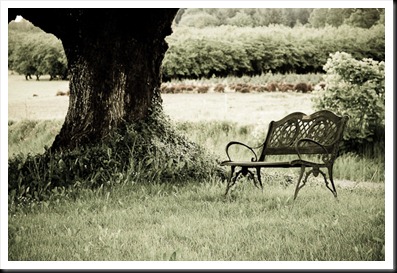 We just had a loss in our family – a 3rd grandchild that we will never know on this earth. While we didn’t get to know this child, the loss is definitely felt. A place in our hearts that looked forward to meeting them, getting to know their unique personality will for now remain empty. It is not until one has experienced a miscarriage or closely know those that have that you can understand the loss. Not many people talk of this and you don’t know how many have experienced this loss until this happens. You then find there are many around you who have. Maybe we try not to make a big deal out of it –after all we really didn’t get to know them or raise them for any period of time. This is likely what most of us who have not personally experienced this think. While this never happened to my wife and I, we have known many who have – parents, friends, siblings and now our children. All I can say is that if this happens to someone close to you, be patient, kind and understanding. It will likely take time and grace to heal the pain and loss of one who will remain unknown.
We just had a loss in our family – a 3rd grandchild that we will never know on this earth. While we didn’t get to know this child, the loss is definitely felt. A place in our hearts that looked forward to meeting them, getting to know their unique personality will for now remain empty. It is not until one has experienced a miscarriage or closely know those that have that you can understand the loss. Not many people talk of this and you don’t know how many have experienced this loss until this happens. You then find there are many around you who have. Maybe we try not to make a big deal out of it –after all we really didn’t get to know them or raise them for any period of time. This is likely what most of us who have not personally experienced this think. While this never happened to my wife and I, we have known many who have – parents, friends, siblings and now our children. All I can say is that if this happens to someone close to you, be patient, kind and understanding. It will likely take time and grace to heal the pain and loss of one who will remain unknown.
Blog Images: I selected the first image for its sense of something missing, emptiness or loss. The second image is one of hope – it is entitled “Resurrection”.

